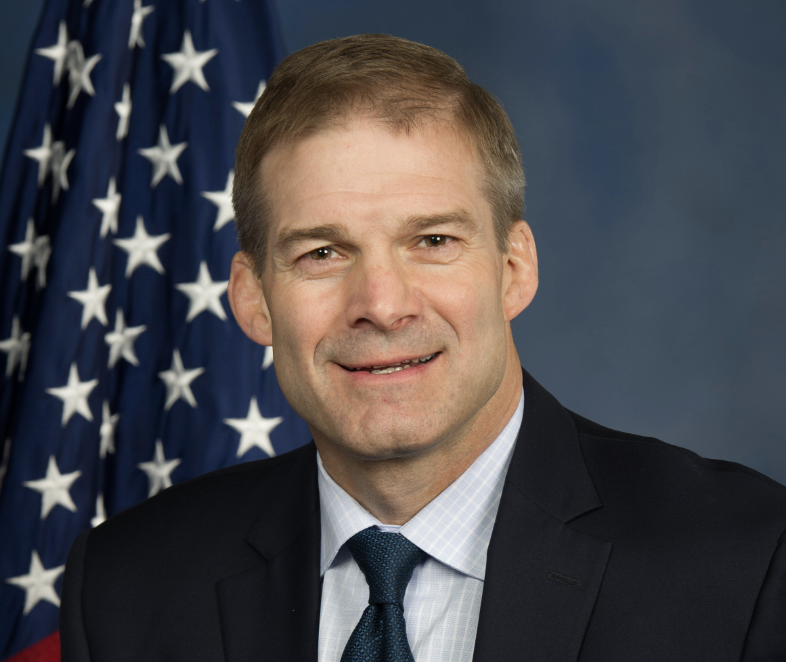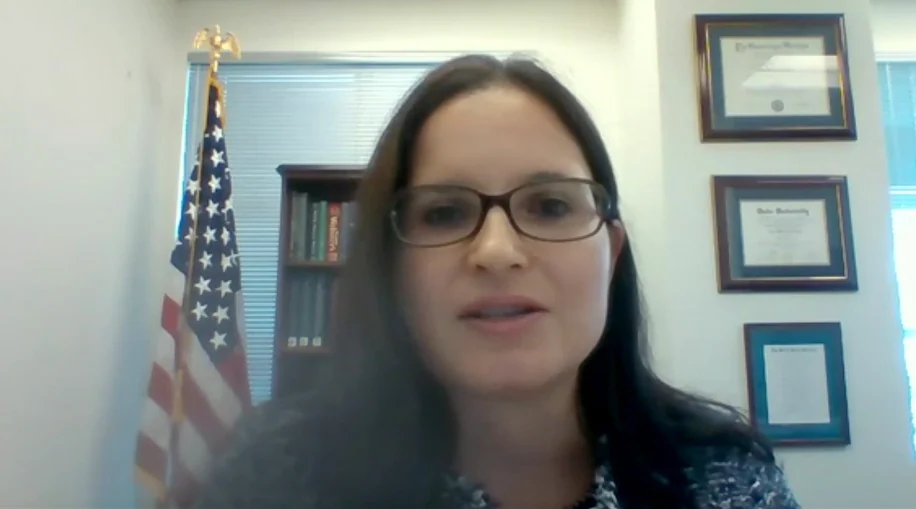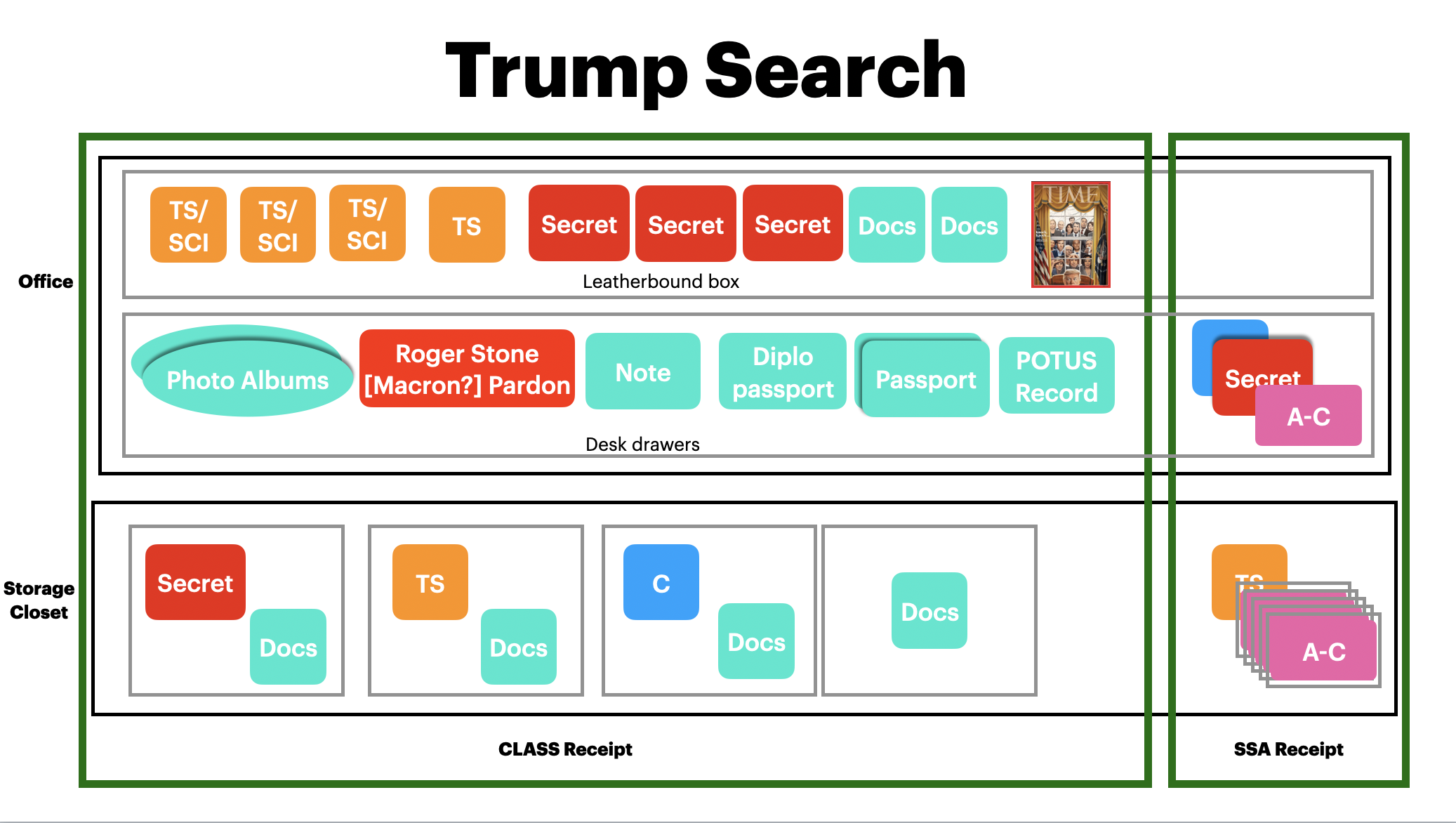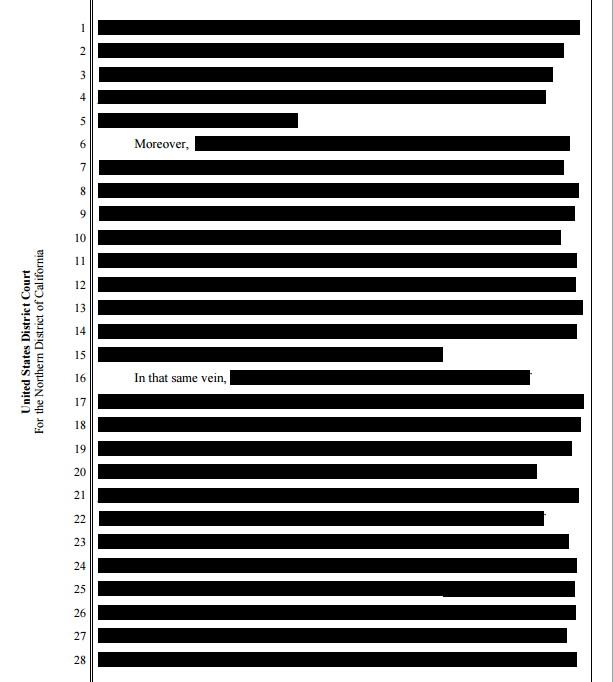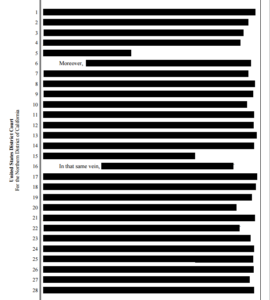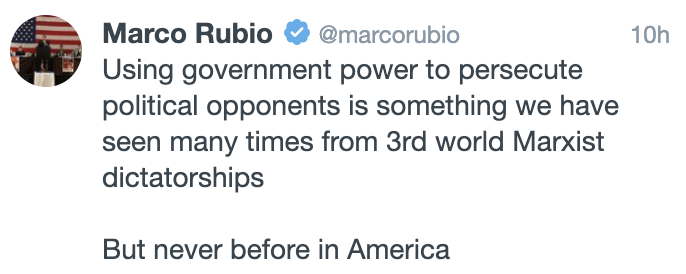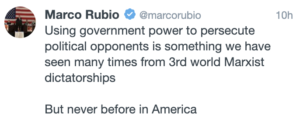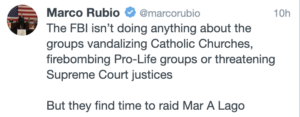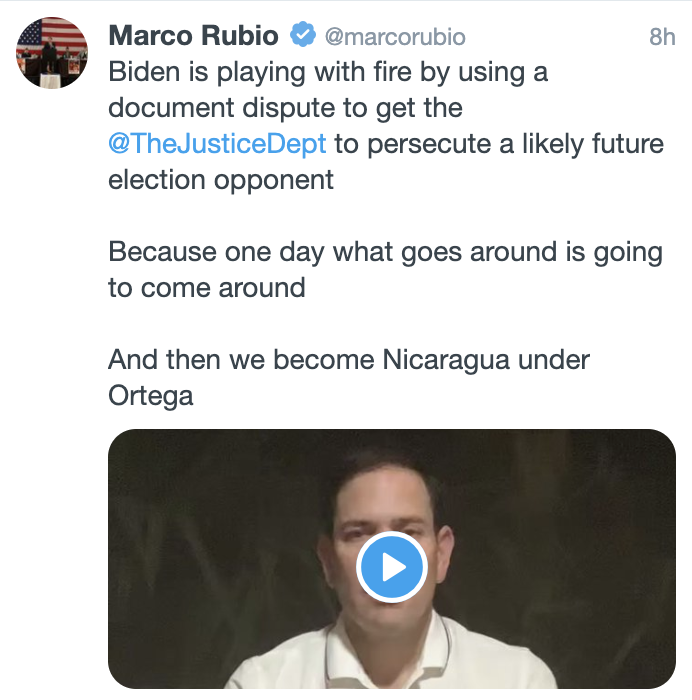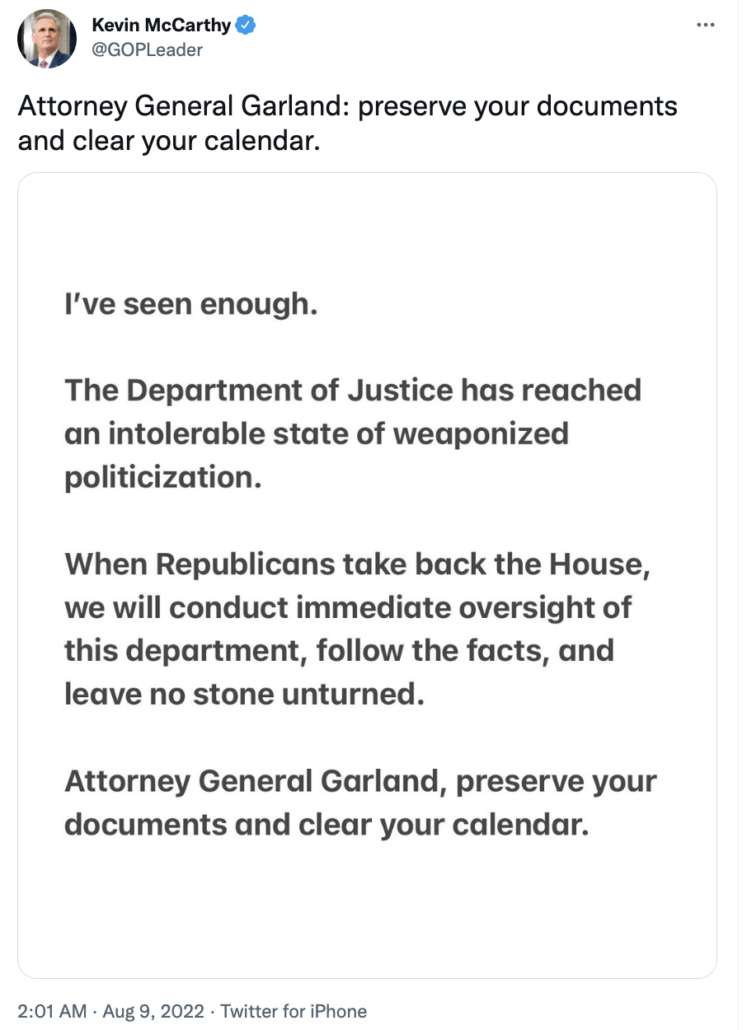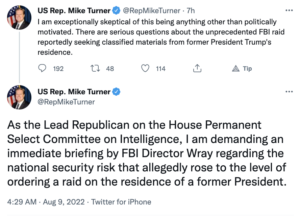SDNY Calls DOJ’s Definition of the Espionage Act an “Academic Interest”
DOJ has now responded to my intervention in the Joshua Schulte case. Presumably because my motion, written by Kel McClanahan, focused on how flimsy the government’s claim to keep transcripts of a CIPA conference hidden, the government’s response pitches this as exclusively a CIPA battle. It’s totally a reasonable legal stance.
But along the way, in apparent effort to distract from the topic at issue — in part, the application of the Espionage Act to journalism — SDNY suggests it is just an academic interest whether DOJ would charge someone for sharing classified information already published by the NYT.
The mere fact that someone would like to know information is not a part of the right-of-access analysis, however, and the Government’s motion should be granted.
[snip]
Intervenor’s desire to speculate as to the potential application of the Government’s articulation of the elements of an offense to other circumstances has no bearing on the ability of the public to monitor or assess the actual rulings of the Court in the CIPA § 6 hearings to which Intervenor demands access.
[snip]
[T]he question is not whether redacted transcripts are coherent as a matter of language or whether they might be relevant to Intervenor’s academic interest.
I’m the intervenor here, not McClanahan (who is a professor on national security law at GW Law). I need to know this stuff not just to cover WikiLeaks (I’m more of an expert than the expert SDNY relied on in the first trial, Paul Rosenzweig), but also to understand my own exposure as a journalist.
Not once in the filing does the government use the words “Espionage Act.” Not once does DOJ mention “journalist.” Not once does it mention the NY Times, the hypothetical that DOJ is attempting to hide, which (as Judge Jesse Furman described in a court hearing) is this:
I gave you two hypotheticals. I think one is where a member of the public goes on WikiLeaks today and downloads Vault 7 and Vault 8 and then provides the hard dive with the download to someone who is not authorized to receive NDI, and I posed the question of whether that person would be guilty of violating the Espionage Act and I think your answer was yes. That strikes me as a very bold, kind of striking proposition because in that instance, if the person is not in a position to know whether it is actual classified information, actual government information, accurate information, etc., simply providing something that’s already public to another person doesn’t strike me as — I mean, strikes me as, number one, would be sort of surprising if that qualified as a criminal act. But, to the extent that the statute could be construed to the extend to that act one would think that there might be serious constitutional problems with it.
I also posed the hypothetical of the New York Times is publishing something that appears in the leak and somebody sharing that article in the New York Times with someone else. That would be a crime and there, too, I think you said it might well be violation of the law. I think to the extent that that would extend to the New York Times reporter for reporting on what is in the leak, or to the extent that it would extend to someone who is not in position to know or position to confirm, that raises serious constitutional doubts in my mind. That, to me, is distinguishable from somebody who is in a position to know. I think there is a distinction if that person transmits a New York Times article containing classified information and in that transmission does something that confirms that that information is accurate — right — or reliable or government information, then that’s confirmation, it strikes me, as NDI. But it just strikes me as a very bold and kind of striking proposition to say that somebody, who is not in position to know or does not act in a way that would confirm the authenticity or reliability of that information by sharing a New York Times article, could be violating the Espionage Act. That strikes me as a kind of striking proposition.
The government is no doubt exploiting the emphasis in my filing, but the notion that whether I can be charged for doing journalism is not an academic interest! It’s not just that there is an acute interest, amid the Julian Assange extradition proceedings, to know the government’s thinking about the Espionage Act, it goes to the chilling effect of not knowing what I can safely publish in the course of doing my job. I don’t have the luxury of “speculating” about the application of the Espionage Act, because if I guess wrong, I could be imprisoned for a decade.
The government wants this to be about CIPA. But the problem is that the government is attempting to hide something that is not classified — the elements of offense for a serious crime that can chill the ability to do journalism — via claims about CIPA.
Third, Intervenor asserts a First Amendment right of access premised on the assertion that “the Government present[ed] legal arguments about elements of the crime itself,” which Intervenor claims both have traditionally been open to the public and are of value to the monitoring of the judicial process. (D.E. 988 at 2). Intervenor’s contention that legal arguments the Government may have advanced at the Section 6 hearings are “something that interested persons in the field should know” (id. at 3) simply “cuts too wide a swath—taken to its extreme, considerations of logic would always validate public access to any judicial document or proceeding.” United States v. Cohen, 366 F. Supp. 3d 612, 631 (S.D.N.Y. 2019). Contrary to Intervenor’s suggestion that discussion of the elements of an offense “stray[s] far from a simple discussion of evidentiary issues” (D.E. 988 at 3), such discussion is integral to virtually any assessment of the relevance and admissibility of evidence, including that occurring in CIPA § 6 hearings, in which courts “look to what elements must be proven under the statute,” United States v. McCorkle, 688 F.3d 518, 521 (8th Cir. 2012); see also United States v. Bailey, 444 U.S. 394, 416 (1980) (describing need to “limit[] evidence in a trial to that directed at the elements of the crime”).
Tellingly, SDNY’s citation of a 2019 District opinion relating to the unsealing of Michael Cohen’s search warrants — which were released with redactions, the desired goal here! — is inapt to the question of whether the government should be able to hide its discussions of how it understands the Espionage Act by claiming that that needs to be protected as classified information.
Considerations of logic also counsel against recognizing a First Amendment right to access search warrant materials. Of course, public access to search warrant materials may promote the integrity of the criminal justice system or judicial proceedings in a generalized sense. United States v. Huntley, 943 F.Supp.2d 383, 385 (E.D.N.Y. 2013) (remarking that “the light of the press shining into the innards of government is necessary to inhibit violation of the public trust”). But such an argument cuts too wide a swath—taken to its extreme, considerations of logic would always validate public access to any judicial document or proceeding. Cf. Times Mirror Co., 873 F.2d at 1213 (rejecting as overbroad the argument that the First Amendment mandates access to any proceeding or document that implicates “self-governance or the integrity of the criminal fact-finding process”); In re Bos. Herald, Inc., 321 F.3d at 187 (“In isolation, the [rationale that the public must have a full understanding to serve as an effective check] proves too much—under it, even grand jury proceedings would be public.”). As the Ninth Circuit aptly observed, “[e]very judicial proceeding, indeed every governmental process, arguably benefits from public scrutiny to some degree, in that openness leads to a better-informed citizenry and tends to deter government officials from abusing the powers of government.” Times Mirror Co., 873 F.2d at 1213.
Understanding the law is a matter that precedes the media’s scrutiny of whether the government abused the Espionage Act in this case (or in Julian Assange’s). And while the elements of the offense of the Espionage Act does dictate whether evidence would be helpful or not to the defense — the consideration of a CIPA hearing — ultimately this debate was about (and significantly appeared in) jury instructions, the law as applied.
Again, SDNY’s stance seems tactical, a response to our filing’s greater focus on matters of classification than the status of the press. But the outcome — SDNY’s claim that I have the luxury of merely “speculating” about the application of the Espionage Act — is alarmingly arrogant.
I was only able to make this challenge because McClanahan was able and willing to help — and he can only do so through the support of his non-profit. If you believe fights like this are important and have the ability to include it in your year-end donations, please consider supporting the effort with a donation via this link or PayPal. Thanks!





